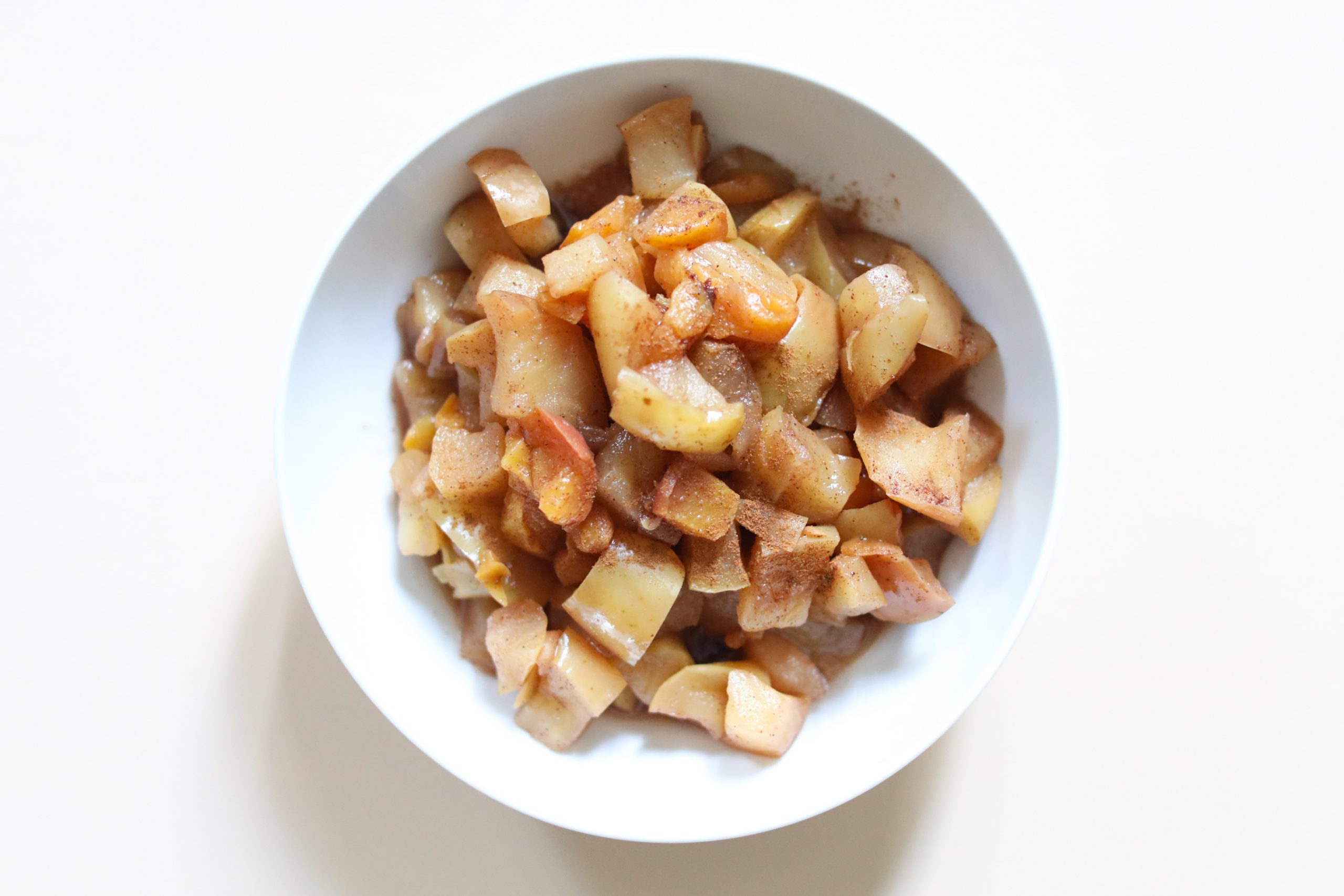Diabetes is a condition that results when the pancreas can no longer produce insulin or when the body fails to make optimum use of the insulin it produces.
After a person is diagnosed with the condition, their sole aim is to cure the disease. However, the question is, can diabetes be cured? Unfortunately, the simple answer to this question is “No.”
There is no known cure for diabetes at this time. However, some treatments can help manage the disease and allow people to live healthy lives. It is unknown when medical science will find a cure for diabetes, but in the meantime, it is essential to learn how to manage blood sugar levels.
Diabetes Management
Although diabetes is irreversible, several medications, treatments, lifestyle modifications, and dietary changes can lessen the effects of diabetes and help people manage the condition.
People with diabetes often have various long-term health issues. Even though diabetes is incurable, one can manage it, and some people even go into remission. Remission occurs when blood sugar (or glucose) levels return to normal.
When people with diabetes enter remission, the body no longer indicates any signs of the disease, although the condition is still technically present. It does not imply that the person is free of the disease.
The disease is still there, but it just doesn’t express itself. Even if a patient could maintain normal blood sugar levels for 10–20 years, a doctor would still consider diabetes to be in remission rather than cured.
Gestational or pregnancy-induced diabetes gets triggered by pregnancy hormones and other natural changes that occur when you are pregnant.
Unlike type 1 diabetes and type 2 diabetes, gestational diabetes usually goes away independently. It resolves after childbirth, meaning that a cure for gestational diabetes is giving birth. However, there is a risk of gestational diabetes developing into type 2 diabetes.
The HealthifyMe Note
Treatment, diet, medicine or lifestyle changes can only manage your blood sugar level and cannot cure diabetes. However, gestational diabetes goes away soon after delivery in most women. Finding a cure for diabetes is an area of active research. Still, right now, you can practise healthy eating, follow an exercise routine, take insulin injections if necessary, and ensure that you control your blood glucose level.
Ways to Manage Diabetes
Managing Type 1 Diabetes
Type 1 diabetes, an autoimmune condition, results when the body destroys the insulin-producing pancreatic cells. As a result, the body cannot control the glucose level in the blood without insulin.
However, less than 10% of people experience it. Unfortunately, there isn’t much you can do to stop it from happening, but the following measures can help manage the disease.
Insulin Treatments
The most popular form of treatment for type 1 diabetes is insulin injections. There are numerous insulin injections available. They differ depending on how quickly and for how long insulin acts on the body.
Using Verapamil
A 2018 research suggests that the blood pressure drug verapamil may be helpful in diabetes. In type 1 diabetics, this medicine seems to increase the pancreas’ ability to produce insulin, reducing the need for insulin injections (only on medical advice).
Managing Type 2 Diabetes
It can be easier to manage type 2 diabetes than type 1 because type 2 diabetes is not an autoimmune disease. Instead, when the body doesn’t effectively use the insulin that the pancreas frequently produces, type 2 diabetes occurs.
According to research, type 2 diabetes is significantly more common than type 1 diabetes, accounting for 90-95% of all diabetes cases.
Medications
Most patients with type 2 diabetes will need to take drugs to lower blood glucose and increase its absorption, even though lifestyle changes can lessen the effects of the condition.
Medications are necessary for people with long-term or chronic type 2 diabetes. It is uncommon for people with type 2 diabetes in its early stages to need additional insulin.
Lifestyle Changes for Type 2 Diabetes
Exercise and diet are two main lifestyle changes that can help manage type 2 diabetes. The first measures in treating type 2 diabetes include a nutritious diet, regular exercise, maintaining healthy body weight, and abstaining from alcohol and tobacco.
Regular Exercise
Exercise keeps you in shape, burns calories, and maintains your blood sugar levels. Every kilogram (kg) of body weight loss can lower the risk of type 2 diabetes by 16%. In addition, people with type 2 diabetes must engage in 150 minutes a week of aerobic exercises, such as brisk walking and cycling.
Dietary Changes
Dietary changes for managing type 2 diabetes include:
- Limiting added sugar consumption and simple carbs will help regulate blood sugar. However, avoiding processed foods with flavourings, sweeteners, and preservatives is also necessary.
- Consume fibre-rich foods that can help slow down the digestion of carbohydrates and sugars. Fibre-rich foods in the diet include vegetables, fruits, whole grains, etc.
- Foods rich in polyunsaturated fatty acids, such as fish, nuts, seeds, and vegetable oils, are also beneficial for regulating blood sugar levels.
- A heart-healthy eating plan, like the DASH diet, can be a very effective method to lower the risk or impact of diabetes.
Conclusion
To manage your diabetes, you need to make small changes to your lifestyle. Eating well, exercising regularly and monitoring your blood sugar levels are all keys to living a healthy life with diabetes.
Keep your blood sugar levels under control by knowing what you can do to keep them close to normal. Take your diabetes medication as prescribed. Make sure your food intake, exercise, stress management and sleep patterns all work together.





















Discussion about this post